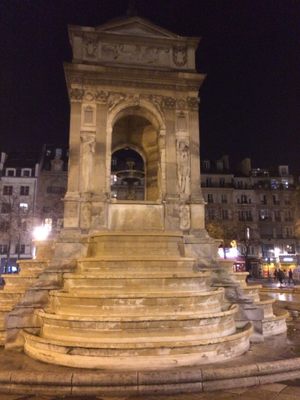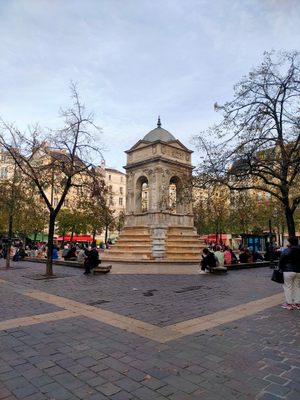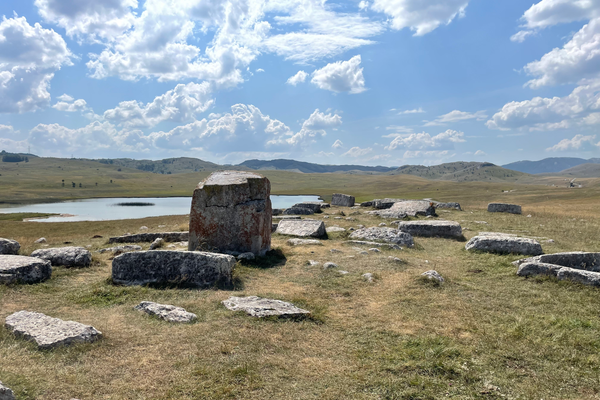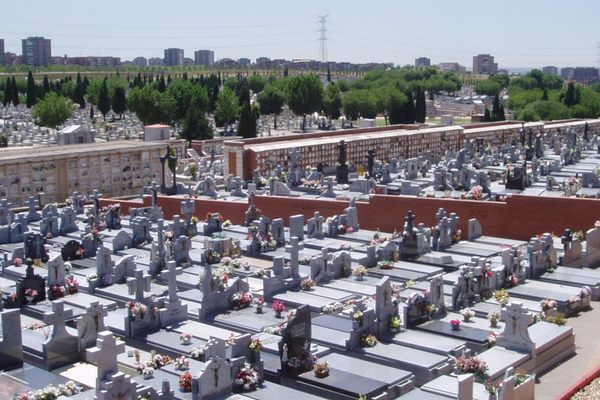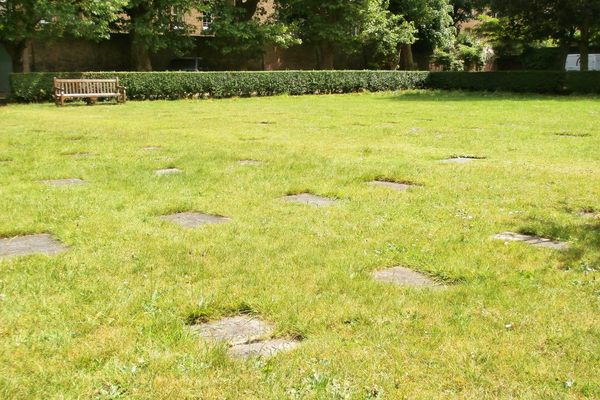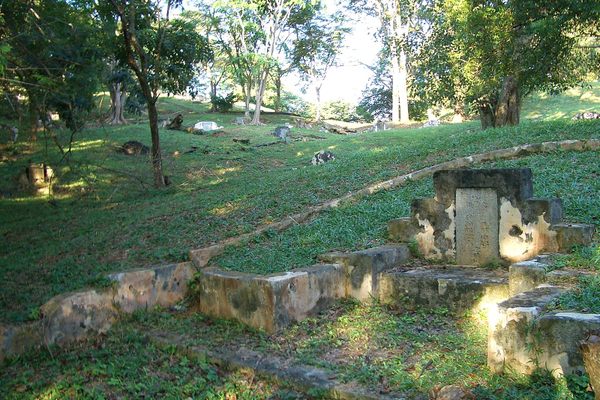About
Update as of February 2024: The fountain is currently closed for renovations.
At first glance, Place Joachim-du-Bellay looks like any other public square in Paris. Its Old World charm and open, airy feel means it’s usually full of people milling about their business. But this lovely market square wasn’t always bustling with life. Its soil was once bursting with the bones of the dead.
From the Middle Ages up until the late 18th century, the Holy Innocents’ Cemetery (Cimetière des Innocents) filled this plot of land. Records describing the old graveyard date back to the 12th century. A looming wall once encased the burial site, which was dotted with individual memorials when it first began.
But as the years wore on, the cemetery began to look more like a mass grave. It soon became the largest cemetery in Paris. People piled thousands of bones into its pockets of dug-out earth. The ground became so oversaturated with the decaying dead that even the smallest amount of rain would reveal the corpses lying just beneath the thin layers of soil. By the 1780s, the massive stench, vermin infestations, and possibilities of disease became so problematic the city decided to close the cemetery.
The bodies previously laid to rest within the Cimetière des Innocents were exhumed. Any lingering flesh was burned and removed, and the disturbed bones were relocated to the now world-famous Paris Catacombs. The catacombs contain sign-marking bones that came from the dismantled graveyard. Bodies that were unable to fully decompose and instead turned into globs of fat were collected and transformed into candles and soap.
Today, the site of the gruesome burial ground is a hub of cafes, shops, and bistros. The 16th-century Fountain of Innocents, the oldest monumental fountain in Paris, stands as a memorial to the city’s lost cemetery. It was originally near the now-destroyed church that stood by the graveyard, but it was dismantled and re-erected in the center of the square after the cemetery was converted into a market.
Related Tags
Community Contributors
Added By
Published
January 26, 2018

